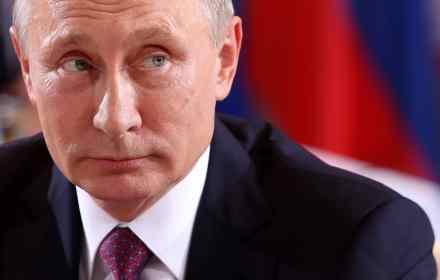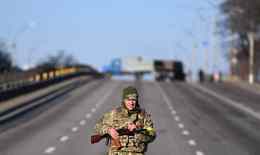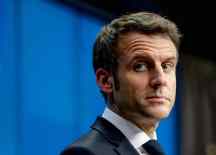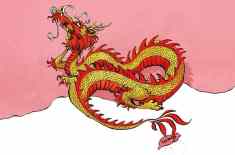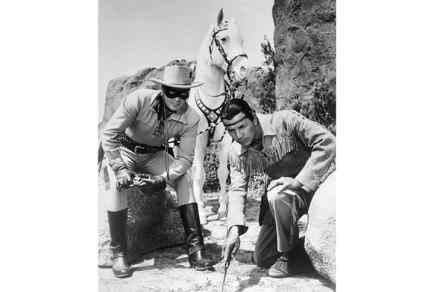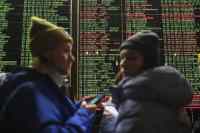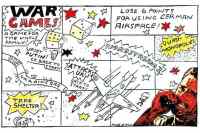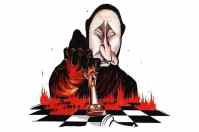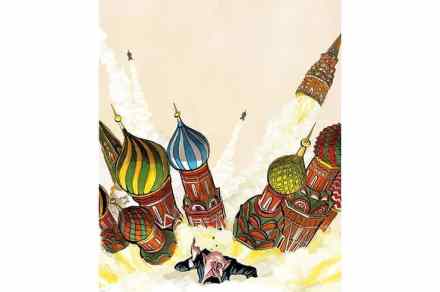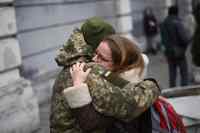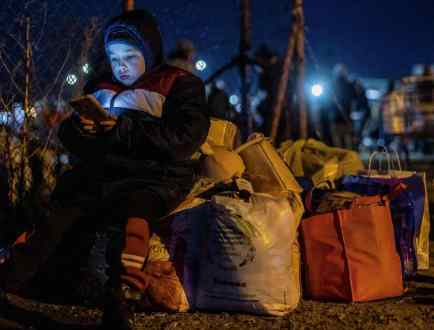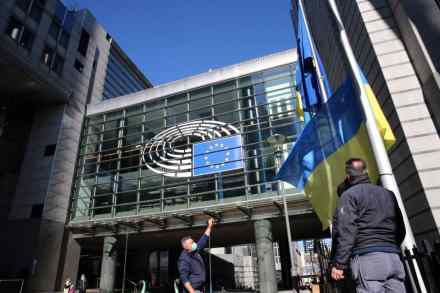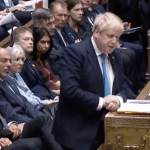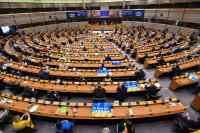Tory pro-Russia lobbying group disbands
The Ukraine crisis has claimed another victim. The Westminster Russia Forum – previously called the Conservative Friends of Russia – has just announced it will be winding up its lobbying operation here in London. As recently as last week, the group were reported to be going ahead with a ‘multilateral relations conference’, scheduled for tomorrow. But now, following a wave of cancellations, boycotts and sanctions across London and the rest of the western world, the WRF has announced it will close. In a statement to his supporters on Tuesday, chairman Nicholas Cobb announced his resignation and that of the entire board. He said that his group had aimed ‘to promote the equitable, neutral and
